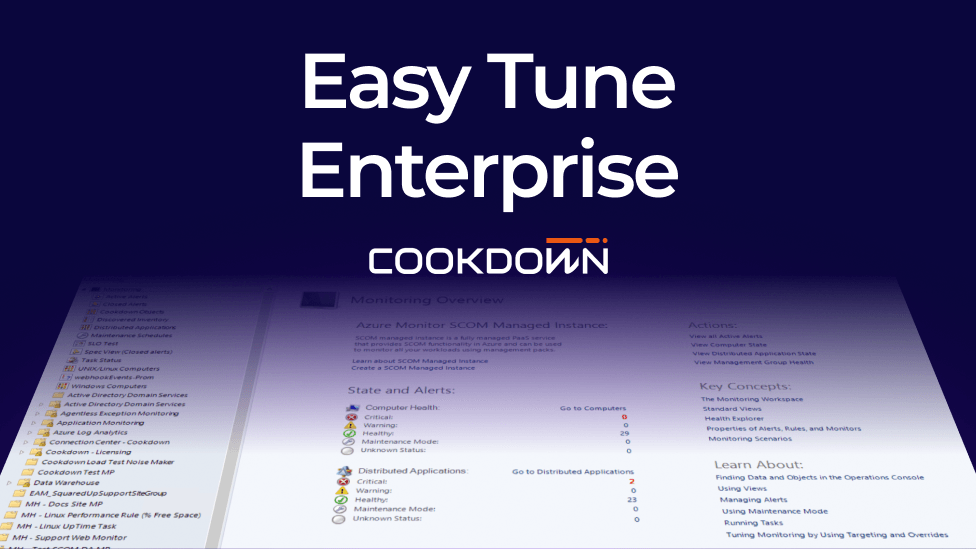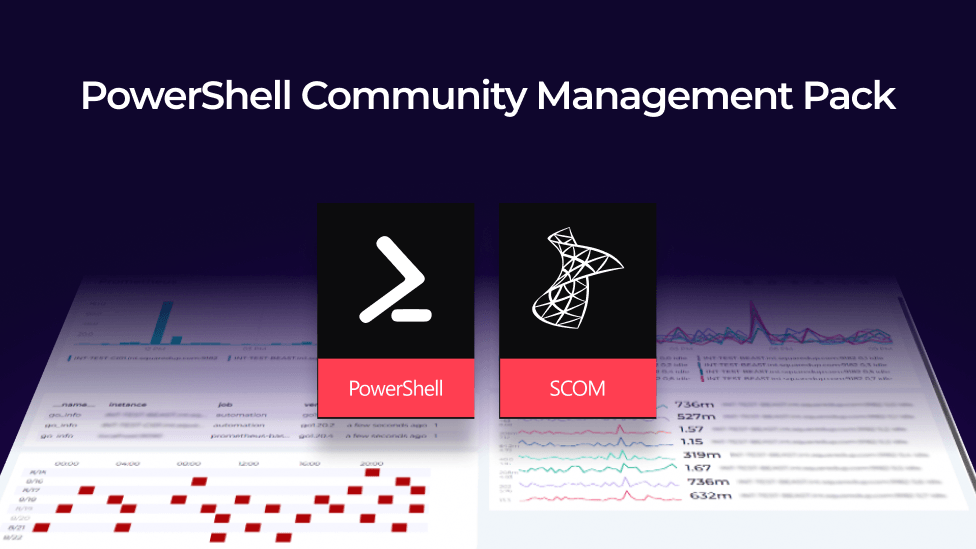
The public cloud vs. the private cloud
It’s 2021 and 94% of all enterprise IT workloads are running in the public or private cloud. This is the prediction made by Cisco. So, your organisation has a choice – public or private cloud? Or perhaps both? We’ll walk through the pros and cons of each option. But first, a few definitions.
- The public cloud is a service which gives anyone access to computing power, including virtual machines, as and when they need it. The most popular public cloud services are Amazon’s AWS, Microsoft’s Azure and Google’s Cloud Platform.
- The private cloud takes a similar approach – it makes computing power available on demand. But the organisation hosts it internally and only the organisation can access it.
Now that’s settled, we’ll see how each cloud offering measures up against a few criteria:
- Security: Which solution best protects your data?
- Cost: The public cloud is often seen as more affordable. Is that really the case?
- Complexity: Do you prefer more options or less hassle?
- Reliability: Which option offers more uptime?
Security
The private cloud offers peace of mind when it comes to data security. Not only will you know where your data is physically stored (an important consideration for regulated data) but you will also control access to that data – to the extent of being able to close down internet connections.
It is also more likely that you will meet governance standards with the private cloud, something which I’m sure is on your mind following recent data leaks. You may remember reading about Uber’s major data breach in 2016? Well, it’s reckoned to have played a part in wiping $20 billion from their share price. As part of abiding by good governance practices, you will need to store sensitive data (such as health or financial records) to meet legal standards. If you store health information, then you will need to follow the rules set out by the United States Government in the Health Insurance Portability and Accountability Act (HIPPA). If you don’t do this, you will have liability for fines. Fresenius Medical Care were fined $3,500,000 in 2018. The private cloud offers more certainty that you can meet such legal obligations, but public cloud providers are toughening up their security features – AWS is HIPPA compliant.
Can you rely on public cloud providers to meet your security needs? By its nature, public cloud providers use data centers from across the world to deliver scale and reliability. Yet some laws, such as the EU’s General Data Protection Regulation prevent international data transfers, unless they meet strict criteria. You will find that sensitive data, often held by larger companies, is best stored in a private cloud.
Cost
Is the public cloud cheaper? It promises a ‘pay-for-what-you-use’ model with minimal waste and no capital investment. But, the reality is subtler.
Yes, your business needs to invest significant sums to set up a private cloud. You will have to hire teams, train support staff and it’s difficult to scale down if needed. But larger enterprises often find that the advantages of data security outweigh these costs.
Compare this to the minimal capital and maintenance cost needed to use the public cloud. And you will be able to scale up and down as and when needed. Smaller businesses who do not have to manage sensitive data often prefer the public cloud – their costs grow as they grow.
Yet, in some circumstances the public cloud is costly. You could pay a hefty wedge of your operational budget if you are pushing and pulling vast (think big business) amounts of data in and out of the cloud – if you are operating at this scale, a private cloud is sometimes cheaper. Rest assured, whatever your size, there are a few processes you can carry out to prevent high expenditure in the public cloud:
- Use tools which monitor usage and claim a chargeback for under-used space.
- Build alerts for when you hit spending thresholds.
- And consider purchasing via a reseller, who can negotiate better deals.
Complexity
How much control do you want over your servers? Build your own cloud and you can tailor it to your requirements. You’ll get to change hardware and network settings to maximise resource and ensure compute availability for different units across your business. Even better, set up self-service and your colleagues will be able to use computing power as they need it – and save time for your IT colleagues.
But you’ll need to invest in staff to set up and maintain your own cloud. If you can sacrifice some control, then you will be able to enjoy low set up and maintenance costs with a public cloud provider. It’s so easy to use public cloud servers that DevOps teams use it for application testing and development. They take advantage of automated provisioning to fire up and bring down resource as they need it.
The public cloud is useful in other ways too; its scalability and low prices for storing dormant data make it suitable for archiving. And if you need to analyse big data, then the sheer power and special analytics services of the public cloud is what you need.
Reliability
What happens if an earthquake or flood hits your private cloud data center? You might have a back up location, but even in this best-case scenario, you will face diminished infrastructure and application performance. The public cloud insures you against environment disasters. If one Azure network goes down, another (located far away) will take the strain. The public offers potential for greater uptime. And by having a disperse set of data centers, its able to deliver data faster to your customers across the world.
Yet, public cloud providers are not 100% reliable. In 2017, AWS suffered downtime and its publicly traded customers lost an estimated $150 million in revenue. And if this happens to you, it won’t be easy to port your data to another provider. Each public cloud provider uses unique infrastructure – from operating systems through to virtual machines. You’ll be locked in to one provider, which is why many companies adopt a multi-cloud approach.
Wrapping Up
By now, you might be thinking – I want both. I want the security and configurability of the private cloud. And I want the scalability and reliability of the public cloud. Well, there is good news for you. Many companies use both the private and public cloud – it’s called the hybrid cloud.
Read our guide to the Hybrid Cloud to learn more about the hybrid cloud and why your business is using it.




